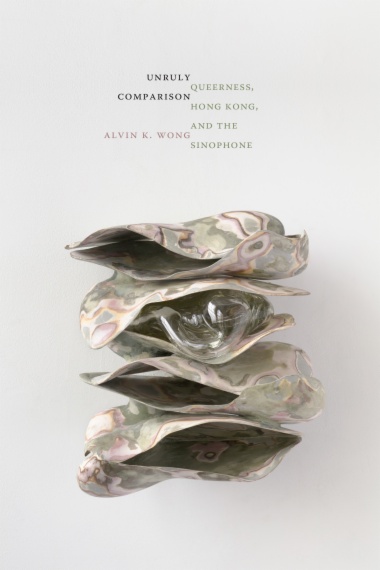In Unruly Comparison, Alvin K. Wong examines queerness in Hong Kong through a transdisciplinary analysis of Sinophone literature, cinema, visual culture, and civil society. Moving beyond Eurocentrism in queer theory and China-centrism in area studies, Wong frames Hong Kong as a model for global comparison by theorizing a method of unruly comparison—acknowledging the incommensurability of cultural texts and queer figures across different temporal and spatial locations. Here, unruly comparison positions Hong Kong as an undefinable time-space that troubles historicist, colonial, and China-centric renderings of the city as merely a site of British colonial legacy, Chinese rule, or global capital. Wong analyzes queer interracial desire in WWII; a cinema of gay male cosmopolitanism; queer intimacy among migrant workers; trans visuality and legality; cross-border sex work; and the queer diaspora of Hong Kong after the 2019 protests. Through Wong’s readings, Hong Kong becomes a queer region of racial, gender, and sexual incommensurability. By foregrounding the friction, asymmetry, and perverse juxtapositions of unruly comparison of Hong Kong with the Sinophone world, Wong reframes key debates in queer theory and East Asian studies.
- Cover
- Contents
- Acknowledgments����������������������
- Introduction / Queer Hong Kong across the Transpacific Sinophone
- 1.
Queer Hong Kong as a Sinophone Method / An Archival Undoing
- 2.
Postcoloniality beyond China-Centrism / South-South Transnationalism and Queer Sinophone Localism in Hong Kong Cinema
- 3.
Transnationalizing Transgender / Tracey, Queer Globalities, and Sinophone Regionalism
- 4.
Queer Sinophone Intimacies / Visualizing Queer Migrant Domestic Workers
- 5.
Trespassing the Sinophone Border / On Fruit Chan’s Prostitute Trilogy
- Epilogue
- Notes������������
- Filmography������������������
- Bibliography�������������������
- Index������������
- A
- B
- C
- D
- E
- F
- G
- H
- I
- J
- K
- L
- M
- N
- O
- P
- Q
- R
- S
- T
- U
- V
- W
- X
- Y
- Z

